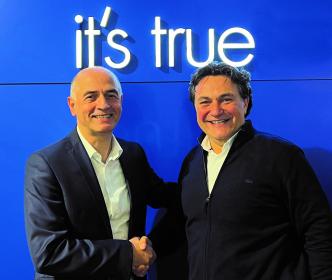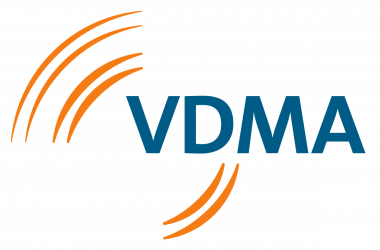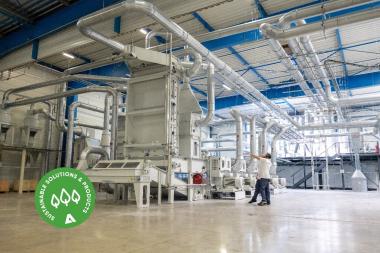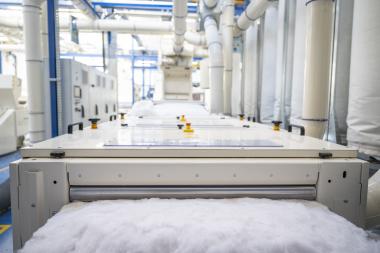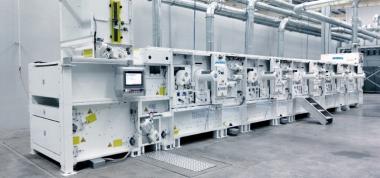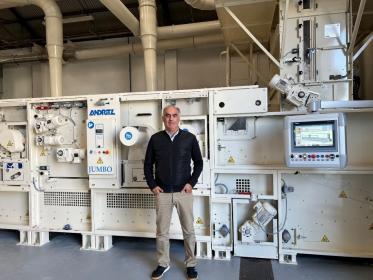Complete ANDRITZ textile recycling line for Italian recycling specialist
ANDRITZ recently started up a new textile recycling line at Sfilacciatura Negro’s plant in Biella, Italy. Designed for processing post-consumer textile waste with automatic removal of hard parts, the tearing line supports the company’s expansion into new recycling segments.
In view of the growing demand for sustainable fibers in the re-spinning and nonwoven industries, Sfilacciatura Negro Biella decided to expand its recycling capabilities. The company has extensive experience in recycling industrial textile waste and already operates two tearing lines. Based on its long-term collaboration with ANDRITZ, it is now stepping into the recycling of post-consumer clothing waste.
The new generation recycling line ANDRITZ supplied to Sfilacciatura Negro is the result of ten years of close cooperation, trials in its technical center, and visits to customer lines in Spain and Portugal. ANDRITZ has tailored a complete line from feeding of sorted waste bales to baling of the recycled fibers. It is designed for highly efficient, energy-saving operation and features automated separation of hard points while maintaining a good material yield. An automated filtration unit is provided for airflow and dust management. Only one operator is needed to manage the entire line up to the recycled fiber baler. The baler can produce film-wrapped and tied bales with a weight of up to 350 kg.
ANDRITZ AG








